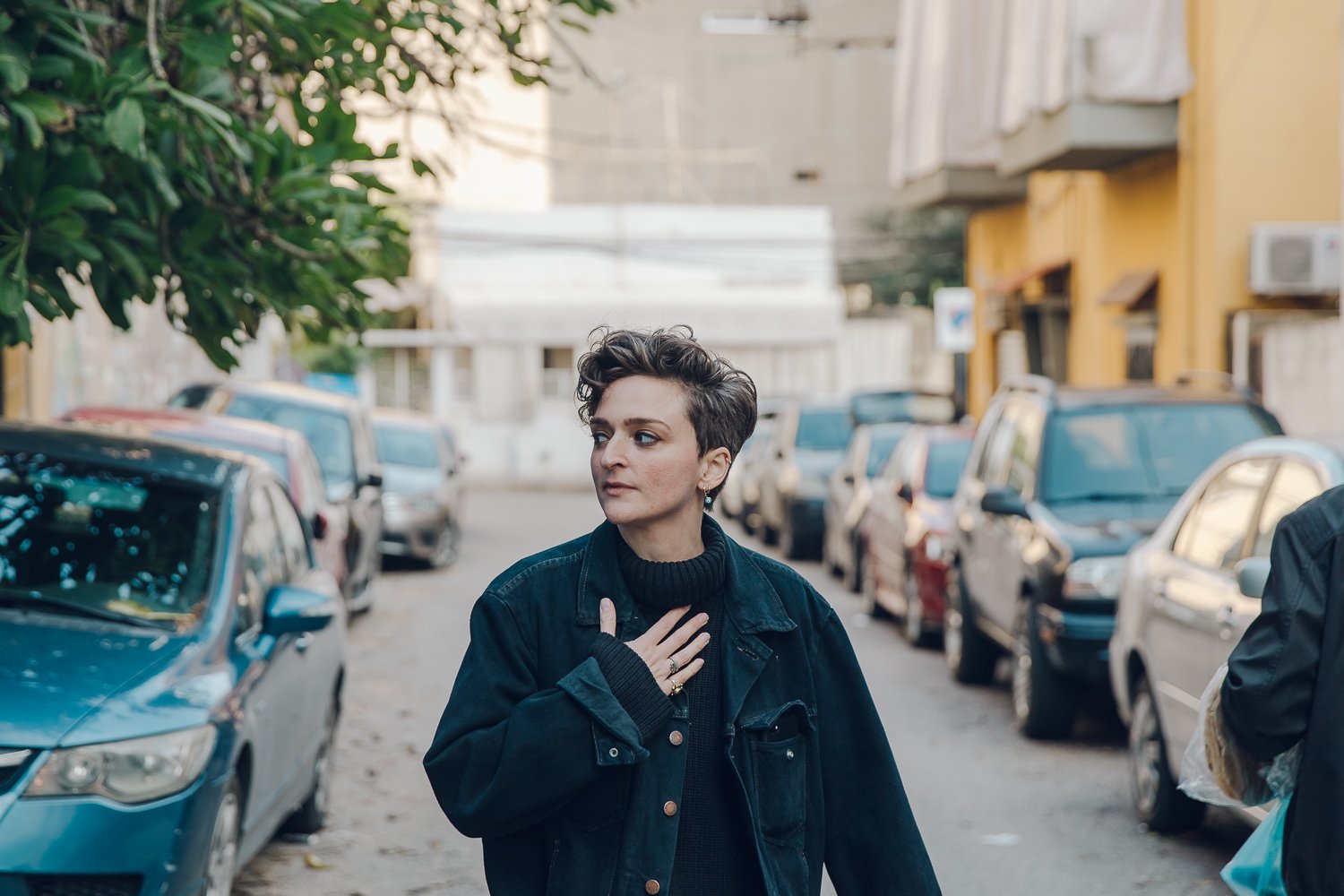
selected essays
-
When You Are Stripped of All Else, You Will Need Poetry
Years later, while locked in a police cell somewhere between night and day, I struggled to remember any stanza of any poem I held dear. ‘What sort of poet did not carry words with him, closer than his clothes?’ Philip Metres writes, recalling being asked by the mayor of Belfast to recite a poem. When you are stripped of all else, you will need poetry.
-
The case for sabotage in the imperial core
The genocide that is being televised must be understood through a prism of capitalist colonial depravity, including one of its darkest dimensions: slaughter as a marketing campaign. The latest military technology is being demonstrated on Gaza’s captive population. Witnessing a father collect his children’s limbs in a plastic carrier bag changed many of us irrevocably, for the arms trade it was only part of the showcase.
-
Practical Poetry in Times of Revolution
When I went to visit the family of a Syrian refugeed baby I’d been helping organise medical care for, I observed their eyes lighting up as I admitted to them, “انا شاعر” – I’m a poet. It was inappropriate of me not to have a poem to share right then and there, a practical poem for the small room we sat in. So, we bent our heads in silence, sharing the maqlub between us, a giant mound of rice. In the silence I decided I wanted to write rice. How can poems be as useful as grains of rice in crisis?
-
Being branded as ‘extremist’ won’t deter Palestine Action
As a network, we have already faced arrests, house raids, police brutality and imprisonment.
We have not given into such undemocratic efforts to silence us in the past, and we will not do so in the future, whether our group ends up being classified as an “extremist” entity under Gove’s new definition or not.
-
Poetic Resistance to the language of “Civilised” Citizenship
Language has long been used to destroy, control and denigrate the ways of knowing and being of those subject to colonialism and racism. In this piece, poet and activist lisa luxx traces these colonial roots, as well as the inventive linguistic creolisations of imposed languages that poets have used to resist domestication, “to rewild their grammatology” and “to dream in their own language.”
-
IS IT “FEMINIST” TO WEAR A STRAP-ON?
When a heterosexual person asks, “but how do lesbians have sex?” what they mean is “aren’t women’s bodies lacking a vital organ that’s needed for sex?” The general consensus is that a cis woman’s body is incomplete as a sexual tool, and dick is needed because dick represents sex. When we fork out generous amounts of cash for strap-ons are we setting that message deeper into our bodies? Are we still being fucked by the patriarchy even when there are no men in the room?
-
War poetry, the rebel’s art form
Poets risk the safety of their family, their future and any hope that they may ever return ‘home’ when they write, but they still write. The currency of poetry is the ultimate act of revolution. It threatens the government because it galvanizes people into political action. Every poem is loaded with bravery, sincerity and dedication to an uprising. Mazen Maarouf, contemporary Palestinian poet forced into double-exile, says that because there is a big history of poets being hung, kidnapped and tortured, it “means the written poem might be a final word. The poet cannot deny it later”.

